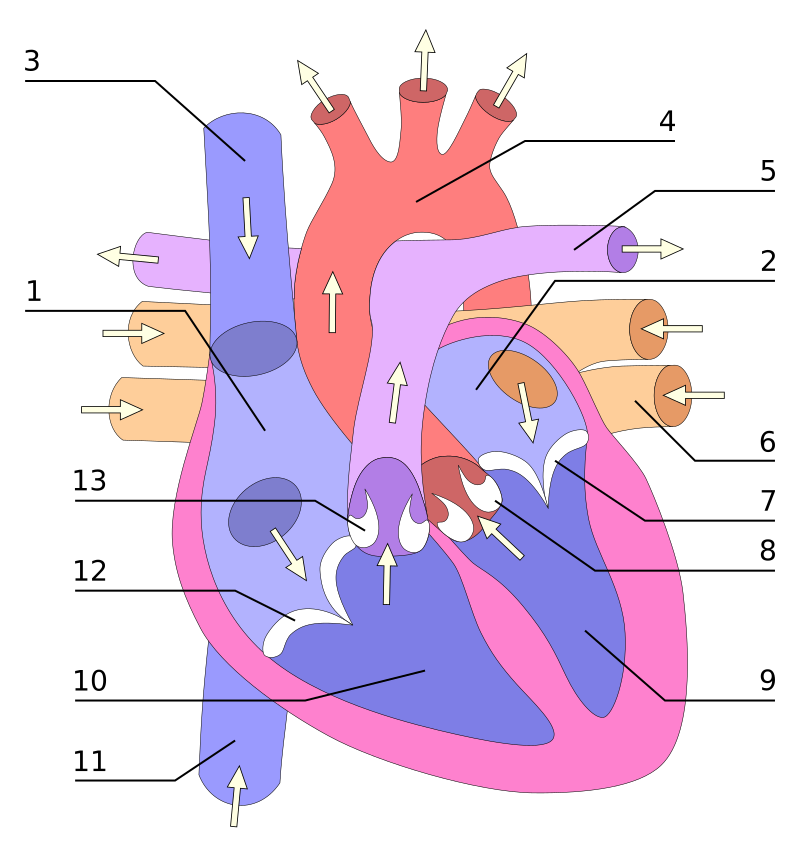New Brain Imaging Study Unveils Why Parkinson's Drug Fails Some Patients

A recent study conducted by researchers at Simon Fraser University (SFU) has revealed critical insights into why levodopa, the primary medication prescribed for Parkinson's disease, fails to provide the same therapeutic benefits for all patients. Utilizing an advanced brain imaging technique called magnetoencephalography (MEG), the team has identified that the drug may inadvertently activate incorrect brain regions, thereby diminishing its efficacy in certain individuals.
Parkinson's disease, characterized by the progressive degeneration of dopamine-producing neurons in the substantia nigra, affects millions globally. According to the World Health Organization, it is the second most prevalent neurodegenerative disorder, with rising incidence rates. Levodopa has long been considered the gold standard in dopamine replacement therapy, effectively alleviating movement symptoms such as tremors and rigidity in a majority of patients.
However, despite its widespread use, approximately 30% of patients do not experience significant improvements from the drug, a phenomenon that has puzzled both clinicians and researchers for years. This new study, published in the journal Movement Disorders on April 15, 2023, seeks to address these discrepancies.
The research involved a collaboration with scientists from the Karolinska Institute in Sweden, who assisted in the data collection from a cohort of 17 Parkinson's patients. By mapping brain signals before and after administering levodopa, researchers aimed to ascertain how the drug influences brain activity. Dr. Alex Wiesman, Assistant Professor of Biomedical Physiology and Kinesiology at SFU and lead author of the study, emphasized the importance of understanding how levodopa activates certain brain areas. “If clinicians can visualize how levodopa impacts specific regions of the brain, it can inform a more tailored approach to treatment,” Wiesman stated.
Utilizing MEG technology, which measures magnetic fields produced by neuronal electrical activity, the team developed a novel analytical framework to identify 'off-target' effects of levodopa. Wiesman explained, “We found that the drug sometimes activates brain regions we do not want to engage, which can obstruct its beneficial effects. Those patients exhibiting these 'off-target' effects still experience some relief, but not to the maximum potential.”
The implications of this study extend beyond Parkinson's treatment. The methodology developed could potentially apply to any medication that influences brain signaling, paving the way for personalized medicine in neurology. Dr. Anna Lindgren, a neurologist at Karolinska Institute, noted, “This research marks a significant advancement in our understanding of Parkinson’s disease treatment. By personalizing therapy, we can enhance the quality of life for many patients.”
Parkinson's disease management is increasingly critical as the population ages. The findings of this study could revolutionize treatment strategies, allowing healthcare providers to tailor medications to the unique neurological profiles of patients. As the authors continue their research, they hope to expand the sample size and explore the applicability of MEG technology in other neurological disorders such as Alzheimer’s and epilepsy.
In conclusion, the integration of advanced brain imaging techniques into clinical practice holds promise for enhancing treatment efficacy and improving patient outcomes. As the medical community strives for precision in treatment, studies like this illuminate pathways to a more nuanced understanding of complex neurodegenerative diseases.
Advertisement
Tags
Advertisement





